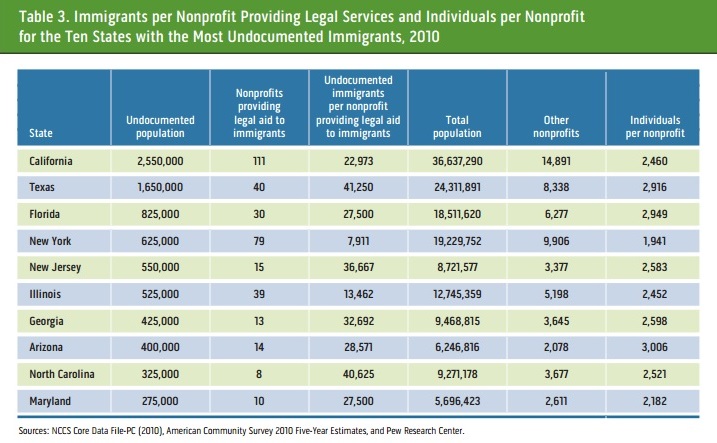
Last night, the president laid out his long-anticipated executive action on immigration, which grants reprieve from deportation to an estimated 4 million undocumented immigrants, individuals who have lived here for at least five years and have no criminal record. Now, many people will be able to work legally without fearing deportation and separation from their families and communities.
The executive action also expands the Deferred Action for Childhood Arrivals program to include young immigrants—DREAMers—who have aged out; provide visas for foreign nationals who invest in the US economy and those who pursue science, technology, engineering, and math degrees in US universities; and add security personnel and resources at the border. The executive action, however, does not include farm workers or the undocumented parents of DREAMers. Moreover, none of the beneficiaries will receive public subsidies under the Affordable Care Act or will be eligible for public benefits such as food stamps and Medicaid.
Undocumented immigrants who want to request this reprieve will have to submit an application for deferred action, a process that can be demanding and does not guarantee automatic approval. An individual will have to provide documents proving she meets eligibility requirements, complete multiple government forms, pay taxes and fees, pass a criminal background check, submit her biometrics, and then wait to hear whether her application has been approved. The process can be daunting.
A majority of undocumented individuals are low income and will encounter challenges with the requisite paperwork, application forms, and fees. They will have few resources, if any, to secure the services of immigration attorneys. Some will fall prey to notarios, others will hire expensive lawyers they cannot afford, and many will turn to immigrant-serving nonprofits that provide free legal assistance and other social services. These community-based organizations are best suited to help immigrants with the legalization process and, in the long run, with integration into the economic, political, and social mainstream.
An Urban Institute brief on immigrant legal-aid organizations reveals, however, that these nonprofits are few and far between and that capacity is a major issue. Analysis of National Center for Charitable Statistics data indicates that at least 684 nonprofits provide some form of legal aid to immigrants and are dispersed throughout the United States in traditional, emerging, and new immigrant gateways. But the ratio of legal-aid nonprofits to potential undocumented immigrants is alarming.
In the 10 states with the most undocumented immigrants, nonprofits that provide legal services to immigrants would have more people to serve than other nonprofits. For instance, in Texas, the ratio of immigrant legal-aid nonprofits to potential undocumented clients is 1 to 41,250. In contrast, the ratio of other nonprofits to the general population is 1 to 2,916.
As undocumented immigrants start applying for deportation reprieve, legal-aid and other immigrant-serving organizations will bear the brunt of helping these individuals. Aside from assisting in the deferred action application process, these groups will continue providing basic social services, as beneficiaries of the president’s executive action will not have access to free health care and other safety net programs available to US citizens and permanent residents. It is crucial to identify, map, and survey immigrant-serving organizations to determine their capacities and challenges in serving immigrant communities. This information will be invaluable in discovering where the gaps in resources and services are so that they may be filled and that more immigrants can join the mainstream.
Photo: President Barack Obama announces immigration executive action on Thursday, November 20, 2014 at the White House. (AP Photo/Jim Bourg, Pool)
Tune in and subscribe today.
The Urban Institute podcast, Evidence in Action, inspires changemakers to lead with evidence and act with equity. Cohosted by Urban President Sarah Rosen Wartell and Executive Vice President Kimberlyn Leary, every episode features in-depth discussions with experts and leaders on topics ranging from how to advance equity, to designing innovative solutions that achieve community impact, to what it means to practice evidence-based leadership.
